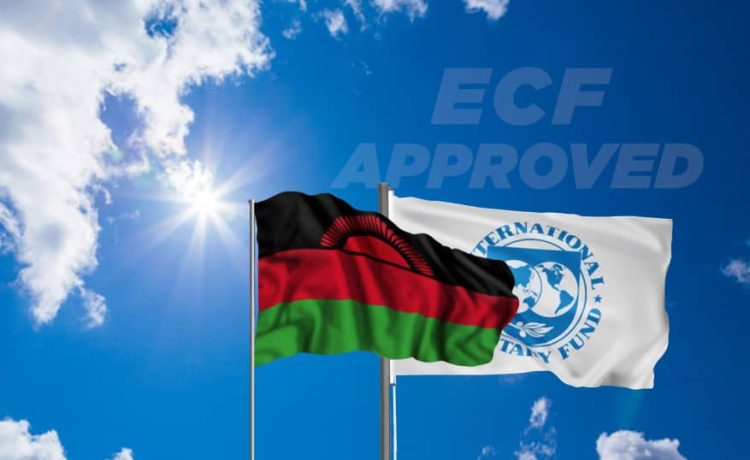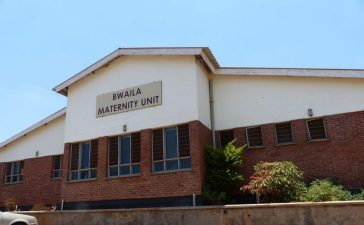The Chakwera administration can now afford a sigh of relief as the elusive US174 million Extended Credit Facility (ECF) has now been approved, sources within government have confirmed to Shire Times.
The Executive Board of the International Monetary Fund met today 15th of November 2023 to decide on whether to approve US174 million Extended Credit Facility (ECF) for Malawi, weeks after local authorities and IMF staff reached a staff level agreement.
Minister of finance Simplex Chithyola Banda few weeks ago expressed confidence that the IMF board would approve the facility which is expected to revive the country’s economy.
“15th November is a defining moment; the IMF will be meeting as a board to make a decision on Malawi’s program. As a country we have done all that we could to make sure that we qualify, the importance of Malawi’s qualification is that direct budgetary support will resume,” said Chithyola.
In September this year, the Malawian authorities and IMF staff reached a staff level agreement for the country to receive US174 million under the ECF subject to the board’s approval.
Meanwhile, the minister, who few weeks ago had an interface meeting with paramount and senior chiefs on the state of Malawi economy and debt in Lilongwe, vowed to champion the enactment of tough laws that would help to protect public finances.
Paramount chiefs Kawinga and M’mbelwa V, who attended the meeting at the time commended government for engaging traditional leaders on the state of economy and debt, saying there is a lot of incorrect information being shared about the subject.
“Deep down in our communities that’s where it all starts before it gets to national level; we are the people that live with those businesspeople, farmers… so, this engagement is very important because we need to be working together and we will be able to explain to the people,’ said Chief M’mbelwa.
Over the years, Malawi’s economy has not been performing well, a situation that has seen a sharp rise in inflation, scarcity of foreign currency and accumulation of public debt currently standing at K9.4 billion (U$8.5m).
The country has also not been getting direct budgetary support from most traditional donors and development partners due to a lack of backing by the IMF under programmes such as the ECF.













